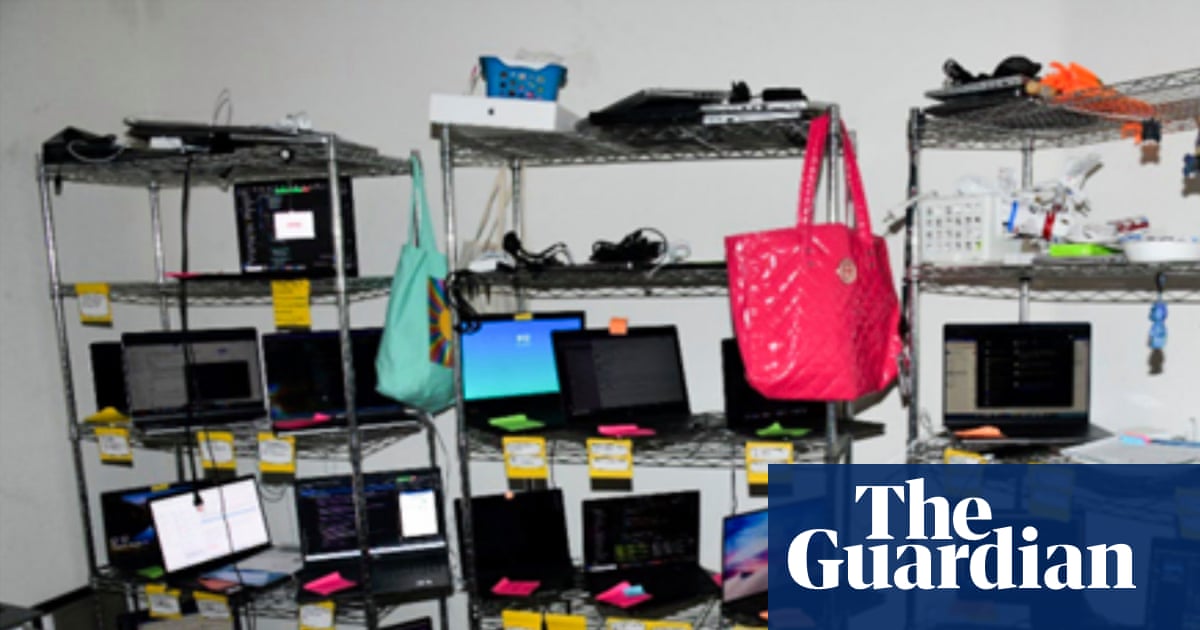In March 2020, as the Covid pandemic began, Christina Chapman from Arizona and Minnesota was approached on LinkedIn to "be the US face" of a company facilitating overseas IT workers' remote employment in the US. This marked the start of a multi-million dollar scam involving North Korean workers posing as US citizens to secure jobs at top companies, including Fortune 500 giants like Nike and a premier Silicon Valley tech firm.
The Scheme Unfolded
Chapman played a pivotal role in this elaborate scheme by:
- Setting up laptop farms to host computers for North Korean workers.
- Validating stolen identities to help these workers pose as US citizens.
- Facilitating paycheck transfers to the workers, funneling millions to North Korea's nuclear weapons program.
The Consequences
Chapman's actions led to:
- $17 million generated for herself and the North Korean government.
- 68 identities stolen, causing false tax liabilities for the victims.
- An eight-year prison sentence for Chapman, along with hefty fines.
A Wider Issue
This case is not isolated. Similar schemes have been uncovered, highlighting the vulnerabilities in remote hiring practices. Cybersecurity experts warn of the increasing sophistication of such frauds, especially with the potential use of artificial intelligence to bypass security measures.
Protecting Your Business
Experts recommend:
- Conducting open-source research on applicants to spot reused résumé content.
- In-person laptop pickups to verify the identity of new hires.
- Being wary of background noise or refusal to remove fake backgrounds during interviews.
As remote work continues to evolve, so do the challenges in ensuring secure and legitimate hiring practices.






Comments
Join Our Community
Sign up to share your thoughts, engage with others, and become part of our growing community.
No comments yet
Be the first to share your thoughts and start the conversation!